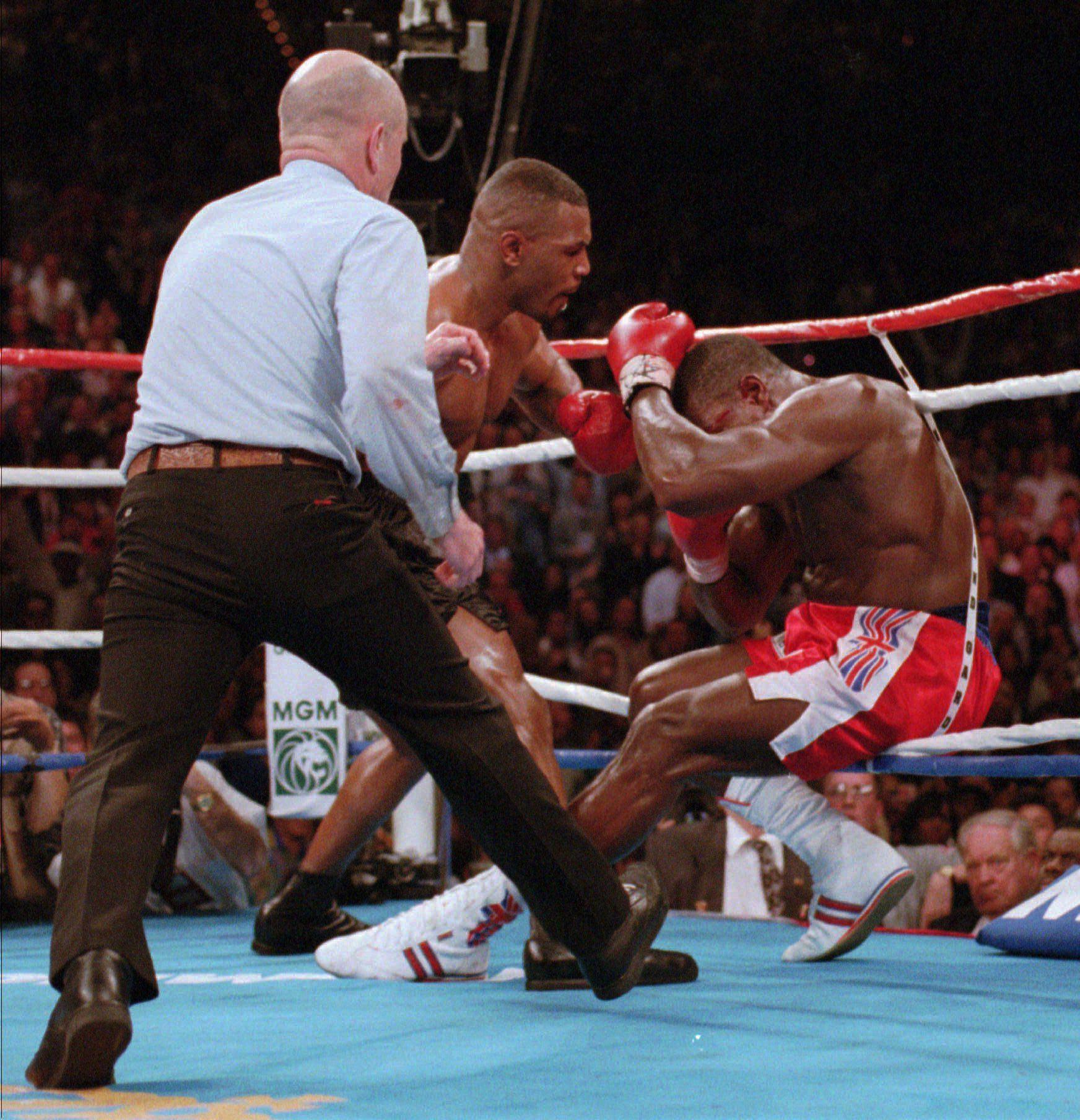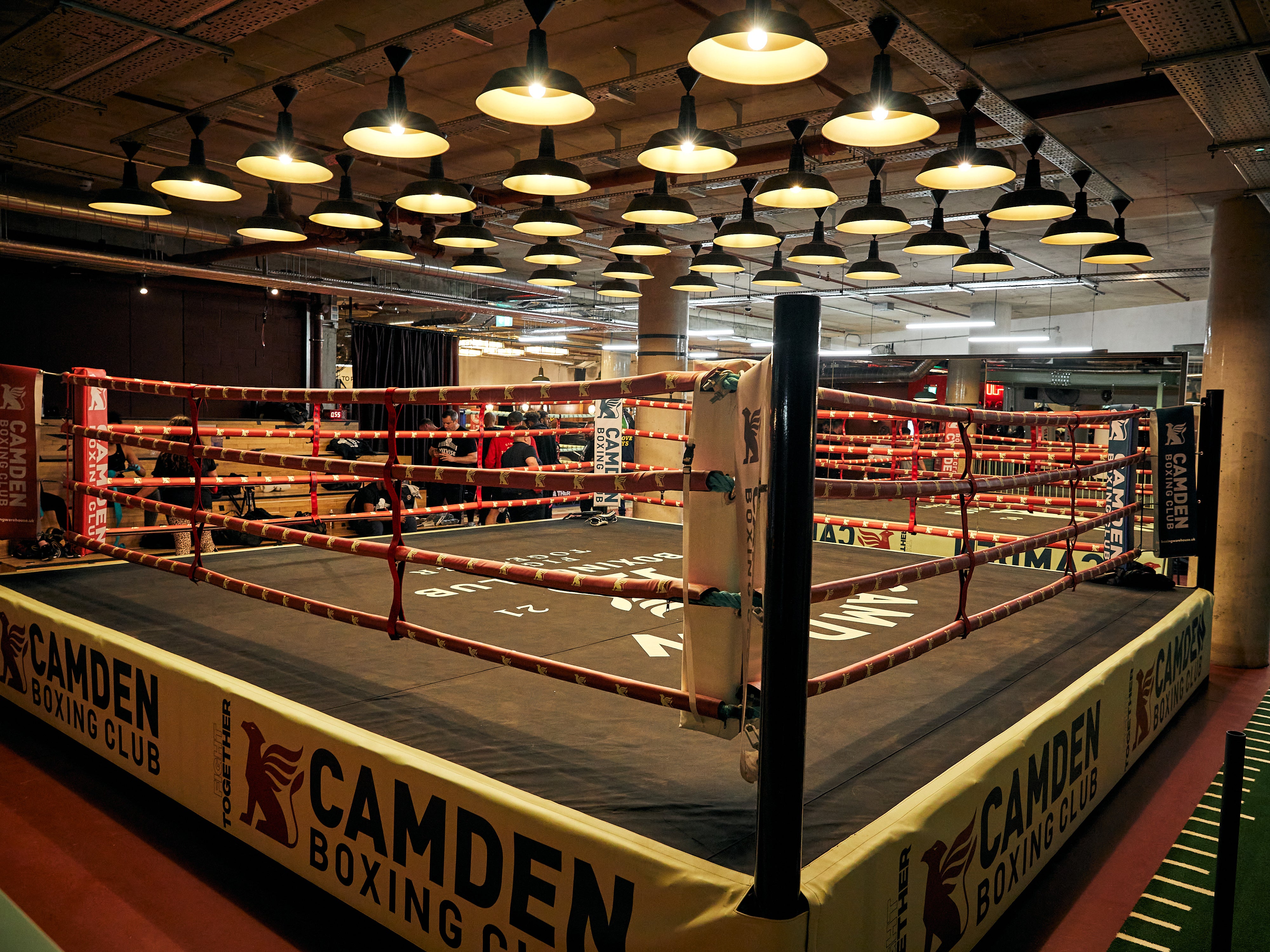
FUTURE OF BOXING
Could Fewer Rounds Be The Key To Professional Boxing’s Future?
Professional boxing may’ve just witnessed the greatest heavyweight fight in over 20 years, resulting in Oleksandr Usyk unifying all belts to become the first undisputed heavyweight champion in the four-belt era. The scale of this event and the excitement surrounding it is what typifies a worldwide attraction to the sport of boxing. But there are still legitimate concerns over the future of boxing.
My Top-3
- The integrity of the professional game is being eroded by the rise and popularity of exhibition fights
- The future of the sport at the Olympics is in doubt, beyond the upcoming Paris games
- Strong arguments to suggest there are too many belts and sanctioning bodies
While the sport has retained much of its character over centuries, it has also consistently adapted and evolved, albeit slowly. Winding the clocks back to 1893, spectators watched Andy Bowen and Jack Burke fight for a record breaking 110 rounds - the longest ever bout recorded. But up until 1982, it was normal for contests to last 15 rounds and following the tragic incident of Kim Duk-Koo, the WBC reduced all fights to 12 rounds. Boxing is still evidently risky, but the sport has evolved over the years to adapt to societal norms.
In addition to addressing safety concerns, some argue that fewer rounds in boxing could lift the sport into an expanded domain of popularity. The greatest counter to any of the points below are likely to be commercial - boxing is a business after all. If we ignore economics for the moment and just focus on hypothetical reasons, the argument for shortening professional fights are quite strong:
- Wining a round becomes more valuable - Reducing the number of rounds puts more importance on winning each round. Fighters will be less likely to give away rounds and likely take more risks.
- Exhilirating for the fans, with more stoppages – As evidenced by boxing matches in the Olympics, fewer rounds typically lead to more action and intensity. With less time to feel out their opponents and invest in a strategy, boxers would be more inclined to push the fight on the front foot. In theory this would lead to more stoppages.
- Enhanced Safety – Factors associated with long bouts and careers – such as sustained shots to the head, cumulative damage, and even dehydration – can be mitigated with fewer rounds.
- Catering To Modern Audiences – The rise of social media, quickfire messaging and entertainment is believed to have reduced our attention spans. Fewer rounds would be more engaging for many spectators. Especially for young, emerging fans.

Why Fewer Rounds Won’t Happen
Even minor changes to the structure of a sport with such rich tradition as boxing can’t be taken lightly. Any changes polarise the fans, compromising spectatorship and revenue. With that said, reducing the rounds of a boxing match from 12 to 10 could be a plausible step. After all, a lot of high-level fights are ten rounds anyway.
But from 12 rounds to 8, or even 6? That doesn’t seem realistic when pro fights are more about hitting and standing up to hard punches. Body punching for example is far more a feature of long fights, where it is a tactical investment to tally punches to your opponent’s chassis, until they can sustain no more.
Let’s try and imagine what the fighters’ perspective is:
- Increased Risk Of Stoppages – Increasing intensity can lead to errors. In a sport as brutal as boxing, it takes just one mistake to end up flat out on the canvas. Shorter rounds may encourage a higher-risk style of fighting that is more conducive to harmful stoppages
- Loss Of Earnings – Boxers competing at the top of the pyramid enjoy some of the most lucrative careers in sport. This is thanks to the existing business model, based on pay-per-view purchases and advertising revenue. Less rounds would equal less revenue from sponsors and corporations who advertise on pay-per-view slots.
- More Training Camps – Shorter fights could mean there’d be more contests per year. Training camps for fights are arduous and lonely, with elite camps taking around 8-10 ten weeks of preparation. Reduced rounds may lead to more time away from family, more pressure and stress.
- Reduce In Interest – Any changes could result in less spectators overall, with fewer fans buying or attending fights. A loss of interest would be devastating for the boxing economy, which could threaten the status of the sport.


Source: this article was inspired by https://evolve-mma.com/blog/ - Boxing









Leave a comment
This site is protected by hCaptcha and the hCaptcha Privacy Policy and Terms of Service apply.